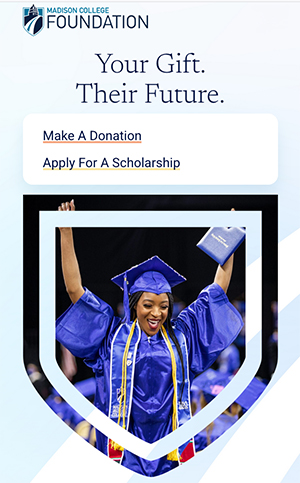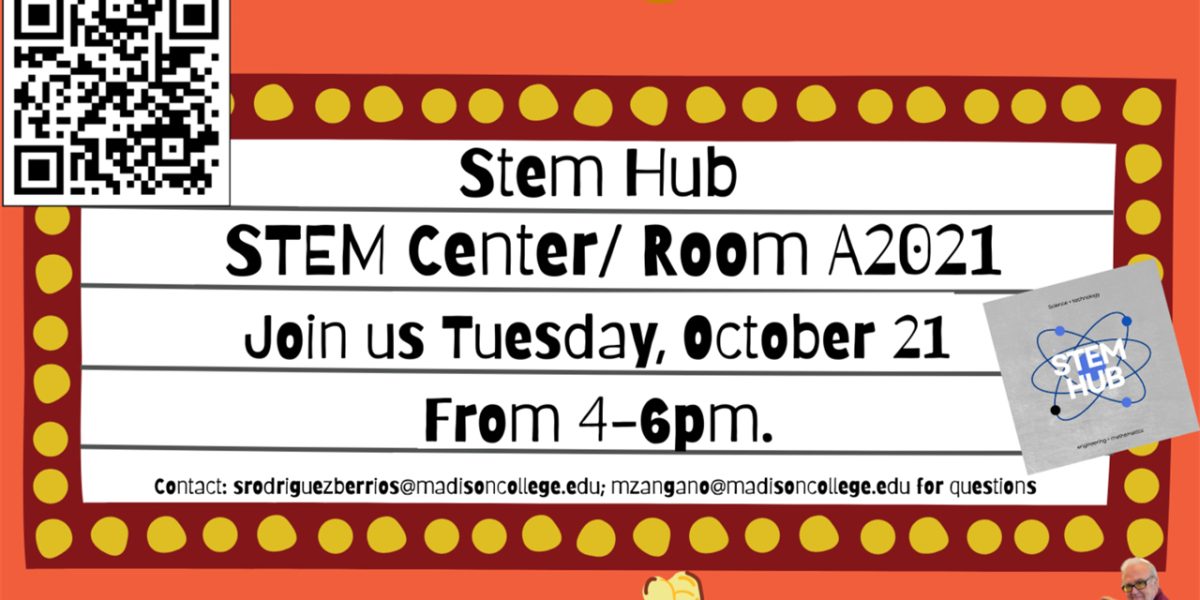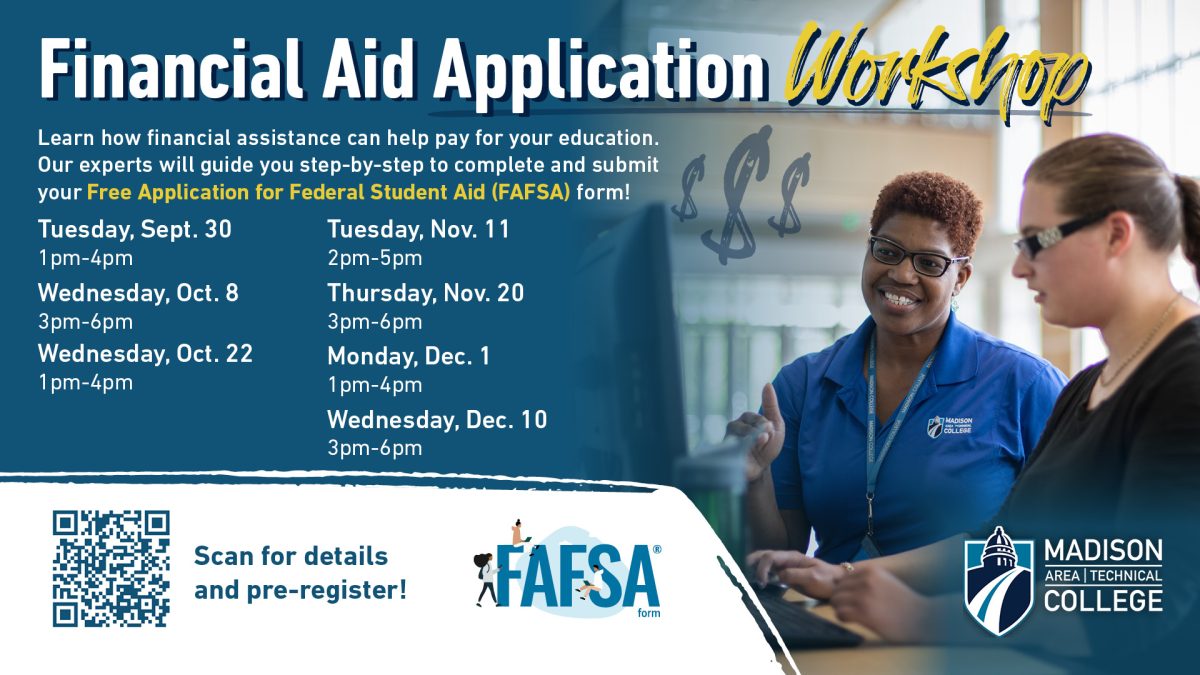Once upon a time, a student went to the library to do some research. She looked in the card catalog for a book, but struggled because she didn’t know a title, author or subject term for her topic. Luckily, the cranky, bun-haired librarian wearing sensible shoes, a cardigan and glasses secured with a chain helped her.
Then she went to look for a magazine article in the paperbound book with the green cover called the “Reader’s Guide to Periodical Literature.” It listed the issue date and page numbers, but the summaries of the articles were super brief. She found one that sounded good, but her library didn’t have the magazine in print so she requested it through interlibrary loan.
The newspaper article she wanted was on microfilm, which was like a filmstrip on a small reel. The microfilm reader projected the images onto a small screen as she fast-forwarded to her article. She stopped to handwrite some notes since there wasn’t a printer.
Two weeks later, a copy of the article she requested was mailed to her library. She was back to the library to pay for her photocopy. The article was not as good as she hoped, so she decided not to use it.
Finally, she wrote her paper, by hand, in her notebook, and typed it up on her manual typewriter. Unfortunately, she forgot a paragraph, so she had to retype the whole thing.
While typing the bibliography, she discovered she didn’t have the newspaper article’s citation information, so back to the library again. Too bad it was Sunday and the library was closed. She’d have to wait until Monday. Would this paper ever get done?
Present
Twenty years later that same student, who is now attending Madison Area Technical College, logged into her computer from home on a Sunday afternoon, and went to the Library web site. She searched for books using a keyword search and downloaded an e-book to her Nook.
She searched the databases and found some articles and emailed them to herself, making sure to include the citation information, which she could copy and paste onto her Works Cited page. She also searched for some credible web sites. She knew they were credible because she had watched the Howler video tutorial “Evaluating Online Information.” Using KnightCite, she easily created the citations for her web sites. She did need to text a librarian for one minor clarification. Research done. Over the next several days she was able to type her paper on her laptop, submit a draft to the Writing Center for feedback, revise her paper, and then submit it in Blackboard.
She then pondered if other students at Madison College knew how many library and college resources were available to them. She thought they should definitely check with their librarians. Compared to the research papers of her youth this was so easy! It made her wonder what the library of the future would look like…hmmm.
Future?
Libraries have come a long way, baby, but they’re not done evolving yet. You tell us! Imagine what the library of the future will be like and submit your ideas in an essay contest for National Library Week. The Grand Prize is an iPad2 and the runner-up prize is a Kindle Fire. Good luck.
Contest Info
- Madison College Libraries Essay Contest rules:
- Submissions will be accepted from Feb. 27- March 26 at 11:59 pm.
- Essays must be at least 500 words but no longer than 600 words.
- Include your name, student ID number, email address, phone number and primary campus.
- Submit entries electronically to [email protected].
- Winners announced on April 9.
- One entry per person.



























